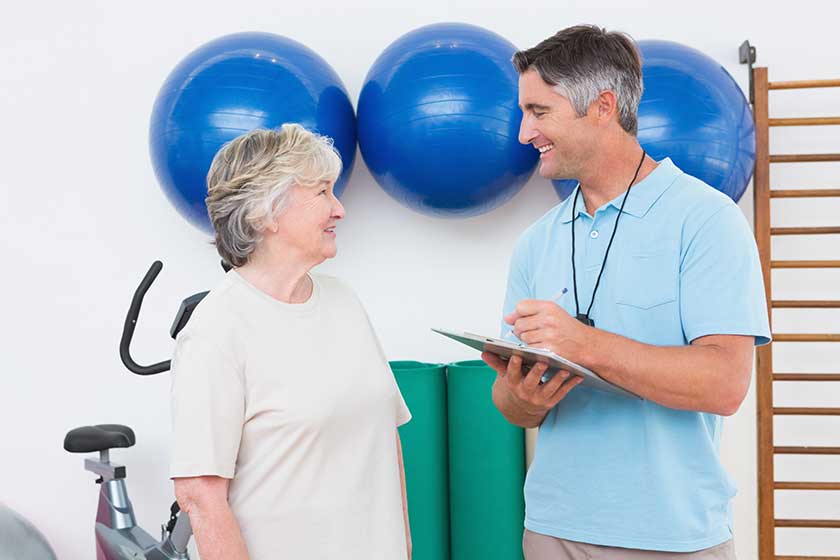The concept of health education for seniors is pivotal in the journey toward aging gracefully and healthily. This critical aspect of wellness goes beyond basic health care, getting into the empowerment of individuals with the knowledge, skills, and confidence to make informed decisions about their health. As the population ages, the need for tailored health education that addresses the unique challenges and opportunities of later life becomes increasingly apparent. Such education is not merely about disease prevention; it’s a comprehensive approach to enhancing the overall quality of life, ensuring that older adults can continue to lead vibrant, fulfilling lives.
In line with our commitment to senior living, we recognize the importance of promoting healthy aging and disease prevention. Our health education programs are designed with these goals in mind, offering a blend of practical advice, evidence-based strategies, and engaging activities that inspire our residents to adopt healthier lifestyles. By focusing on prevention, we empower our residents to minimize their risk of illness, reduce the impact of existing conditions, and maintain their independence for as long as possible. It’s about providing the knowledge and motivation to make each day healthier than the last.
Empowering Older Adults with Health Knowledge
Education is power, especially when it comes to health. For older adults, understanding how their bodies change with age is the first step in maintaining their well-being. Our retirement community emphasizes health education, offering programs that cover a wide range of topics, from nutrition and physical activity to managing chronic conditions. These sessions aim to arm our residents with the knowledge they need to take charge of their health, recognize signs and symptoms of potential issues early, and know when and how to seek help.
Promoting Healthy Aging and Disease Prevention
Healthy aging is more than just the absence of disease; it’s about maintaining physical, mental, and social well-being. Our health education programs are designed with this holistic approach in mind, offering strategies for disease prevention and health promotion. By engaging in these educational activities, residents learn how lifestyle choices impact their health and how simple adjustments can lead to significant improvements in their quality of life.
Preventative measures, such as regular exercise, balanced nutrition, and mental stimulation, are key components of our programs. These efforts are aimed at not just preventing illness, but also at promoting a lifestyle that supports aging with vitality and joy.
Addressing Age-related Health Challenges
As we age, we may face a variety of health challenges that can affect our daily lives. Health education programs within our retirement community are tailored to address these specific age-related concerns. Topics such as managing arthritis, understanding heart health, and navigating the complexities of medications are routinely covered. These sessions provide practical advice and support, helping residents manage their health conditions more effectively.
Enhancing Quality of Life and Well-being
Ultimately, the goal of health education for older adults is to enhance the quality of life and well-being. Through ongoing education, residents of our retirement community are better prepared to face the aging process positively and proactively. These programs offer more than just information; they provide the tools for living a healthier, more active lifestyle.
The benefits of these educational efforts extend beyond individual health improvements. They also contribute to a stronger, more informed community where residents support and motivate each other. This collective engagement in health and wellness fosters a vibrant, thriving environment where everyone can enjoy their later years with dignity and joy.
Our approach to health education involves addressing the specific health challenges that come with aging. We tailor our programs to cover topics such as mobility, mental health, and medication management, ensuring that our residents have the support they need to navigate these issues. By offering guidance on how to cope with and manage age-related changes, we help our residents to not only understand their bodies better but also to live with greater comfort and confidence.







